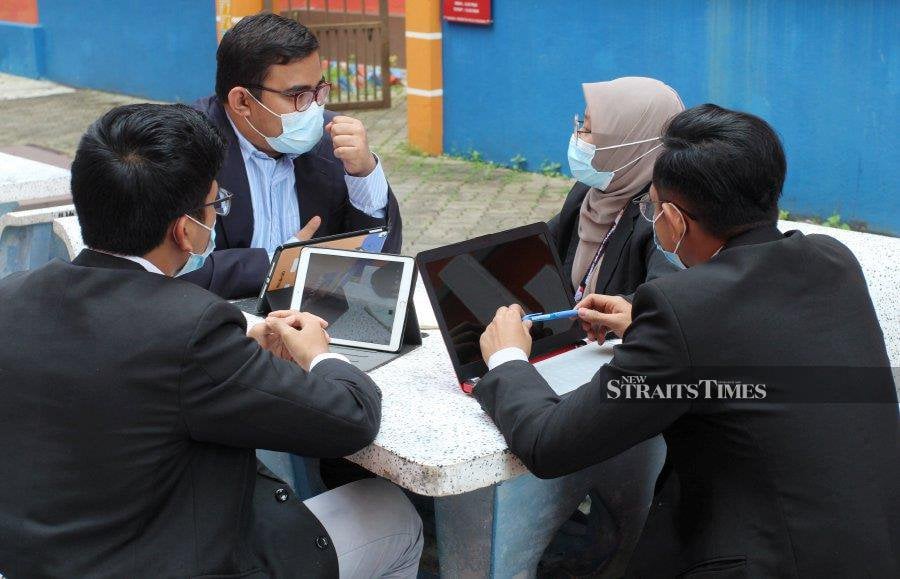KUALA LUMPUR: The decision by the Higher Education Ministry to introduce hybrid and flexible learning systems will help students to save costs, while compelling varsities to boost distance-learning arrangements.
Universiti Kebangsaan Malaysia's Centre of Community Education and Wellbeing educationist Dr Anuar Ahmad said the move will allow for more savings for a student.
He said Malaysian public universities would benefit more with a flexible learning system as it increase their ability to accept more students in the future.
"I believe the announcement will call for lecturers to increase their ability to ensure that the hybrid and flexible learning system can be done smoothly," he told the New Straits Times.
Anuar said hybrid learning was more oriented towards the needs of students and was in line with advancements in technology.
"There is already a hybrid and flexible learning system, although it is not being done completely. Some lecturers are adopting flexibility in their teaching and learning (PdP). It is just that we do not have a clear policy on this matter.
"This move will meet the needs of students and developments in technology."
Anuar disagreed with an opinion that hybrid learning arrangements would lead to students missing out on extracurricular activities or campus events.
"It should not be a problem at all as many activities are now being conducted online through webinars, for example, or via hybrid methods for programmes that would have previously required all participants to attend physically."
Higher Education Minister Datuk Seri Mohamed Khaled Nordin said today that a hybrid and flexible learning system. He said students will only attend physical lectures during their first and final years. During their middle years, they will be given a choice to study from home and attend lectures online.
Angkatan Mahasiswa Universiti Malaya said moving towards a hybrid higher learning system would improve existing distance-learning arrangements.
It said it would compel varsities to ensure reliable Internet access and adequate information technology facilities to conduct teaching and assessments on students.
"We believe the government must also assist the B40 students to help them with online learning.
"Other than that, the move will reduce the accommodation issues at varsities, while at the same time increasing the admission of foreign students at public universities," said a spokesperson for the student body.
Universiti Sultan Zainal Abidin (UniSZA) student representative council (MPP) president Muhammad Shahril Haja Mohaideen said the decision will make students become more independent.
"Students will need to be independent in terms of self-scheduling as they balance everything from online classes to daily assignments.
"By going hybrid, it does not mean they can be slacking with studies as it will be reflected in their assessments."
Shahril said as students would have attended their first year physically, they would understand the requirements of their respective course and subjects.






